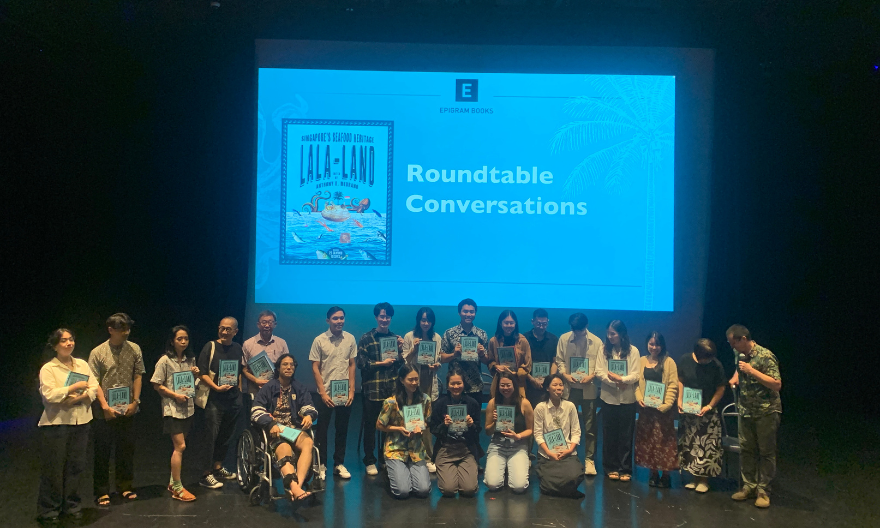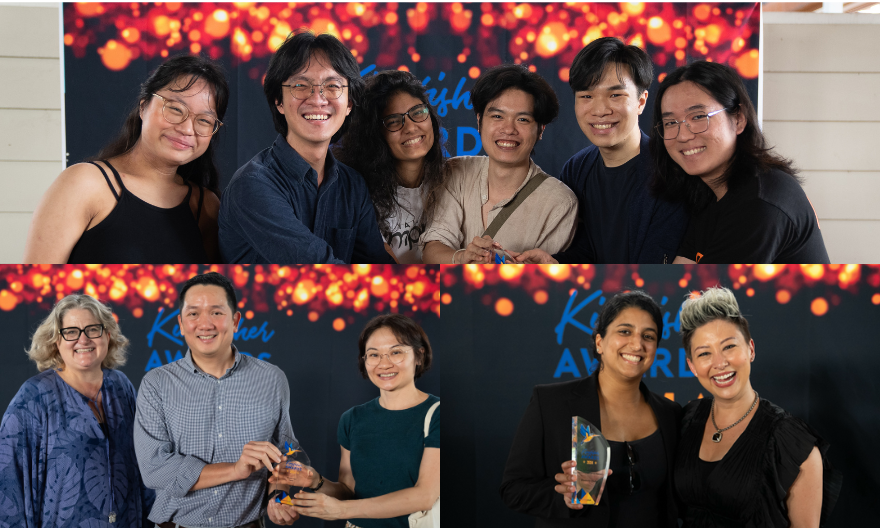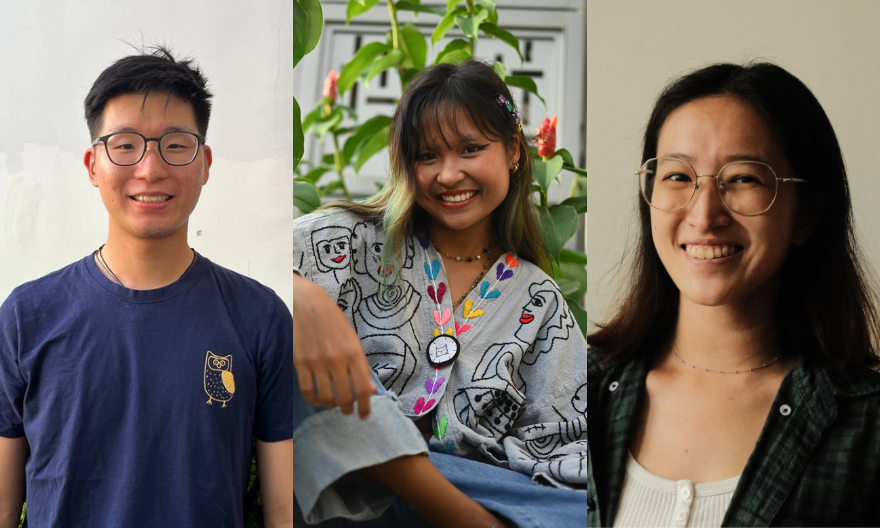The Future of Our Pasts Festival
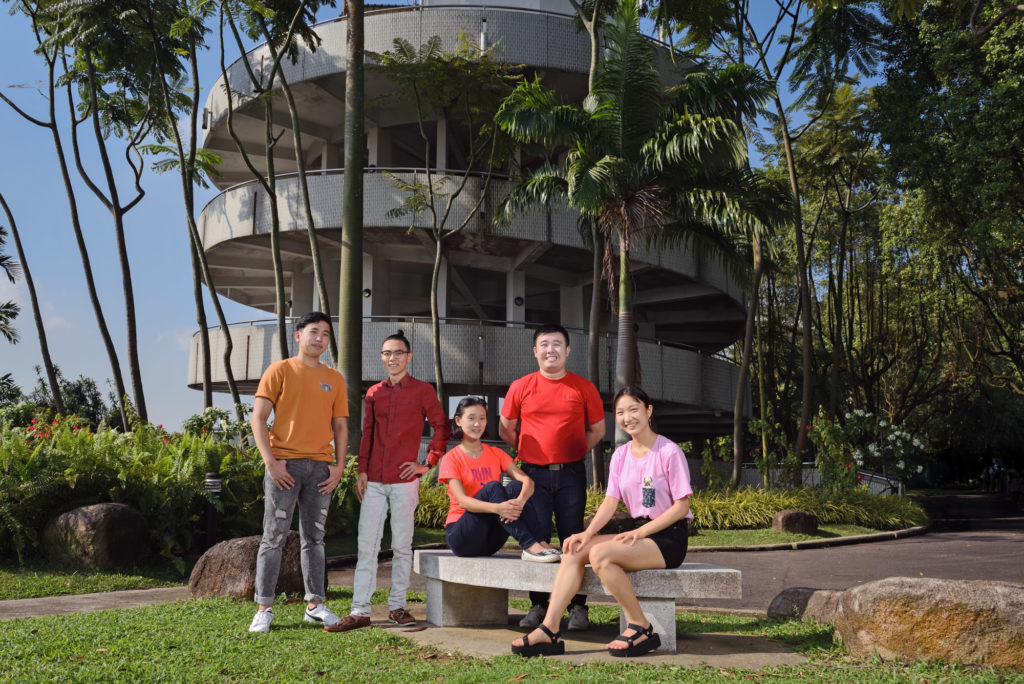 Pang Wei Han (second from right) and the team behind Factory (Super)Women. Image provided by Joseph Nair.
Pang Wei Han (second from right) and the team behind Factory (Super)Women. Image provided by Joseph Nair.
In support of the Singapore Bicentennial, Yale-NUS College is organising The Future of Our Pasts Festival (TFOOPFest) at various locations around Singapore from 16 February to 17 March.
The month-long arts and media festival features 11 projects by students and recent graduates from Singaporean and overseas tertiary institutions. These include three led by Yale-NUS students and alumni: Factory (Super)Women by Pang Wei Han (Class of 2019), First Storeys by Sean Cham (Class of 2019), and Rojak Romance by Tinesh Indrarajah and Jane Christine Zhang (Class of 2017 and Class of 2018).
Additionally, Wee Jing Long (Class of 2019) is one of the team members involved in Intimacies, an exhibition about remittance letters sent home by Chinese migrant workers in Singapore in the 20th century.
TFOOPFest has been in the works since 2017, and seeks to explore lesser-known aspects of Singapore’s history through its extensive line-up of projects, ranging from immersive performances to exhibitions, public installations, books, films, and a web documentary. The festival was launched by Professor Tan Tai Yong, President of Yale-NUS and the Chair of the TFOOP Festival Steering Committee, on 16 February.
Yale-NUS alumna Yap Zhiwen (Class of 2017), TFOOPFest’s Festival Manager, said that the College wanted to encourage people to write their own history. “We hope people will gain fresh perspectives and insight on narratives they hear less about, and develop a deeper appreciation for the complexities of historical representation,” she said.
Wei Han’s project encapsulates this spirit well. Drawing upon the experiences of his mother and grandmother, his project, Factory (Super)Women comprises a documentary and exhibition on the lives of female factory workers who worked hard and sacrificed much, often for the sake of their families and loved ones, and who were integral to Singapore’s economic success.
Both Wei Han’s mother and grandmother worked in factories. When he discovered his girlfriend knew some female ex-factory workers too, the idea for the project was born.
“It was only after interviewing my mother and grandmother that I realised many values they had instilled in me since I was young came from their experience working in factories,” he said.
These values, such as kindness, generosity and sacrifice, are demonstrated again and again in the touching and sometimes harrowing stories of the various women featured in the documentary and exhibition. “When making the film, the main thing that stood out for me was how strong and resilient the women are,” shared Wei Han. “That’s why we chose to name the project Factory (Super)Women.”
The 25-minute documentary is his first film. He had to learn everything from scratch, and drew on the help of friends for filming, editing and even animating – some of the women he featured were not comfortable being shown on screen, and are represented by animations.
The accompanying exhibition comprises photos and quotes from the women whose stories Wei Han was not able to tell in the documentary, as well as a section featuring the responses of these women’s children and relatives to the stories of their mothers and grandmothers.
“These stories add nuance and depth to our understanding of Singapore’s history. These women have traditionally been in the shadows, and this is our way of putting them front and centre,” said Wei Han.
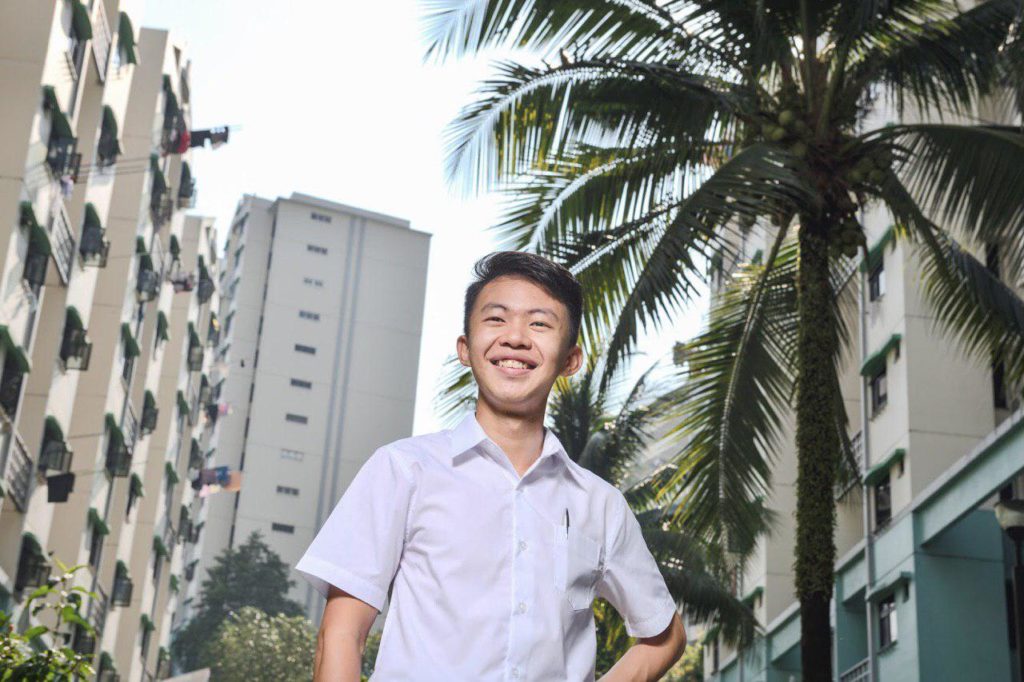 Sean Cham’s project, First Storeys, focuses on the historical trajectory of housing in Singapore. Image provided by Joseph Nair.
Sean Cham’s project, First Storeys, focuses on the historical trajectory of housing in Singapore. Image provided by Joseph Nair.
In a similar vein, Sean’s theatrical installation, First Storeys, was inspired by his grandparents’ relocation under the Housing Development Board’s Selective En Bloc Redevelopment Scheme. It looks at the historical trajectory of housing in Singapore and seeks to tease out the personal stories within the larger state narrative.
Audience members will experience what it was like to be relocated by the fictitious Singapore Housing Improvement Trust in an immersive interactive performance, partly based on events that happened from the 1950s to 1990s, which is conducted in a mixture of English, Malay, Mandarin and Hokkien.
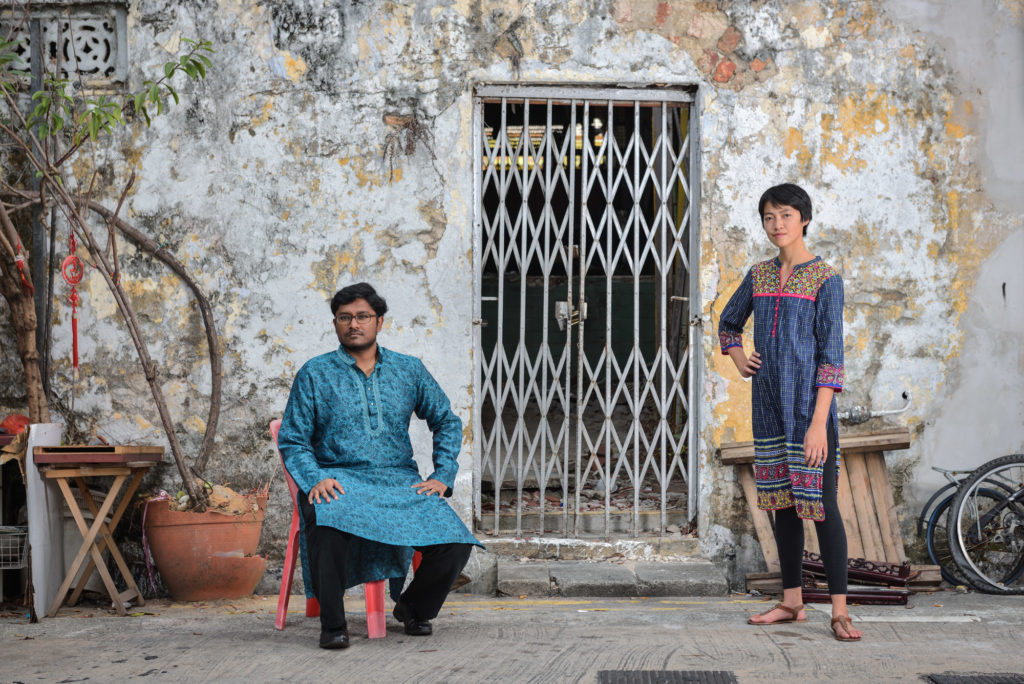 Rojak Romance explores the mixed-race relationship between Tinesh Indrarajah (left) and Jane Zhang (right). Image provided by Joseph Nair.
Rojak Romance explores the mixed-race relationship between Tinesh Indrarajah (left) and Jane Zhang (right). Image provided by Joseph Nair.
Both Tinesh and Jane emphasised that their main goal was to normalise mixed-race relationships and show how they manage the pros and cons of one. “The Ceylonese Tamils are known for not marrying outside their race. By dating someone who’s not Ceylonese Tamil, I was an exception and faced some pushback from my family,” said Tinesh.
Jane added: “Even if the family agrees, the whole idea of coming from very different backgrounds already creates an inherent ‘problem’ of some sort – not necessarily a problem that you can’t solve, but something that you’ll have to negotiate.”
The couple have learnt much about themselves while working on Rojak Romance.
“I think the really cool thing about this project, and our relationship, is that it has really made us interrogate more explicitly our respective cultural backgrounds,” Jane said. “We encourage each other to discover more about our respective cultures; it’s something that we’re learning together.”
Visit http://futureofourpasts.com to find out more about TFOOPFest.

